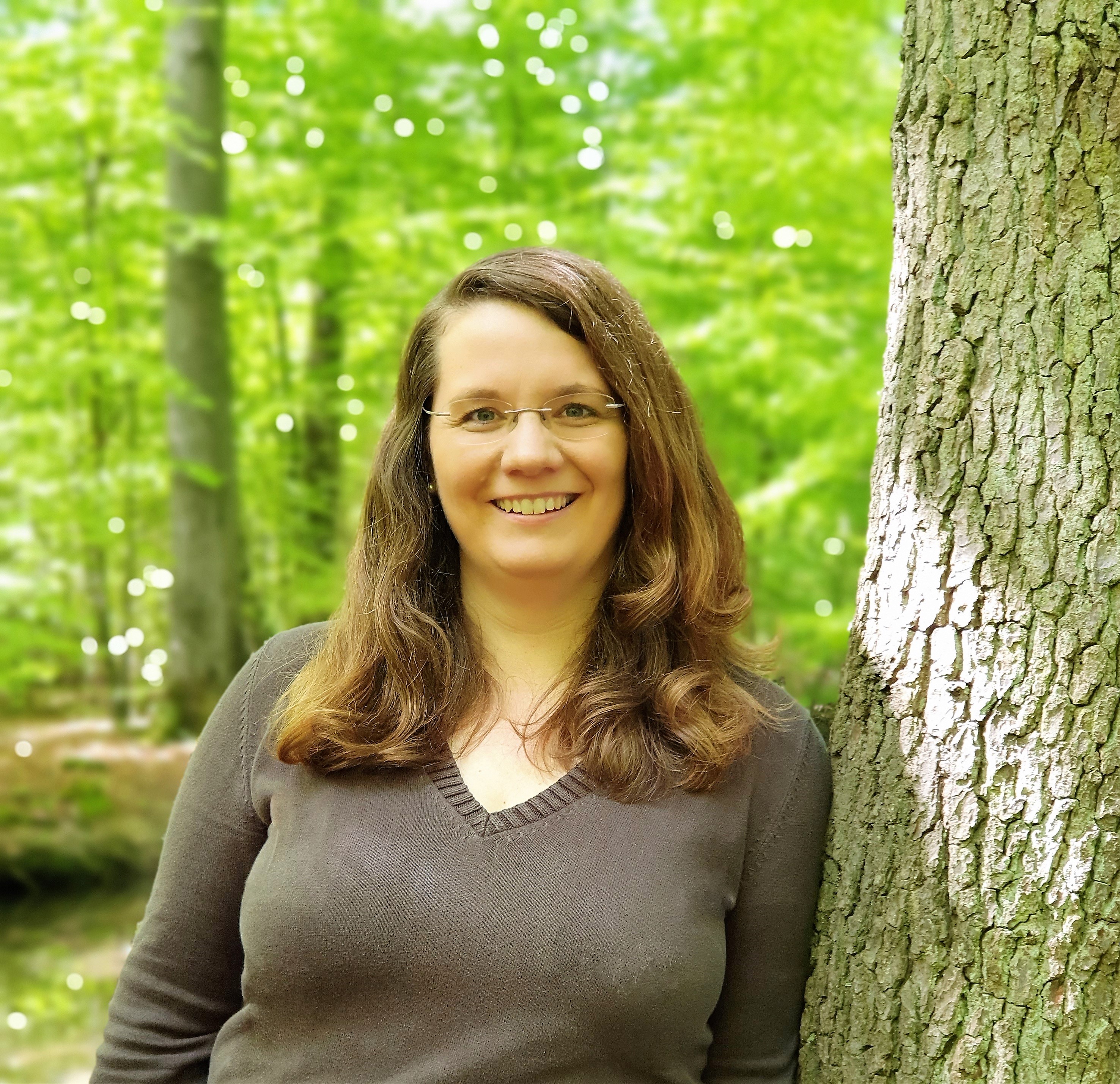
Mastering change in small steps
"The purest form of madness is to leave everything as it is and hope that something will change." (Albert Einstein)
Sounds kind of crass, doesn't it? Insanity is a strong word. And yet I think there is a lot of truth in the sentence. Especially in times when personal low blows and crises rob people of sleep or make them feel powerless, when they feel lonely and perhaps helpless, a new perspective could be a first step towards hope.
For me, new perspectives are, on the one hand, new ways of looking at a problem that lead to surprising insights and realisations and, on the other hand, opportunities that open up and give new energy. New perspectives are a motor for change.
And why do people find it difficult to seek new perspectives and allow change?
Change can make people sad or angry when they admit that the previous path did not bring the success they had hoped for. This is a good moment to ask about the background, interests or thought patterns that may lie behind it. As a systemic coach, I often see strengths and values where it is worth taking a closer look.
Change can make people feel insecure when they venture onto unknown ground and cannot be sure where the path will lead. Some people like exactly that and feel a tingling sensation when faced with such challenges. Others feel anxious. For me, it is important at this point to become aware of the feeling. For example, questions such as: "What exactly makes you feel insecure about this? "Let's assume you would dare - what possibilities could arise from this?" "And what could happen at worst?" "And what at best?"....
Changes are sometimes also connected with a loss, because you would have to give up something to which you are somehow attached after all. In systemic coaching this is called "the hidden gain". Behind this is the idea that there will be a reason why a person holds on to a certain behaviour or situation. No matter how unreasonable it may seem. Here it is very helpful to know what this hidden gain actually is. Because then clients have the power to decide how valuable and worthy of preservation the hidden gain (still) is. And maybe these reflections will also lead to what could compensate for the loss of the hidden gain.
The good thing about change is that often a small first step makes all the difference. For example, I start from a scale of 0 to 10 and assume that 0 means that everything stays as it is and 10 means that the maximum conceivable change is implemented. Then the question arises: "Where are you right now?", "And what would be the next small step?", "And what could you do to achieve this?", "Who could support you?
Leave everything as it is and still hope for change? No!
But look with open eyes at the different facets of change, build bridges and give the time it takes. and give it the time it needs - that's what I wish for you.

About the author
Katharina Temme is a systemic coach and mediator. She supports you as a listener and source of inspiration. As a coach, she specialises in processes of change and further development, where she supports you as a companion.
As a mediator, she creates space for understanding and more togetherness in conflict situations. understanding and more togetherness. Her credo is to understand people, open up new perspectives and make the path easier. For all those who want support in finding their personal path.
